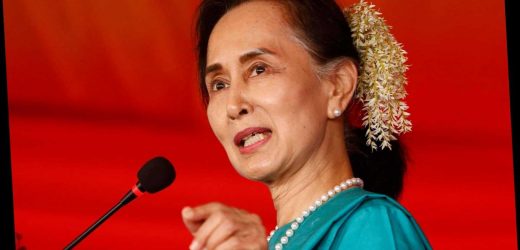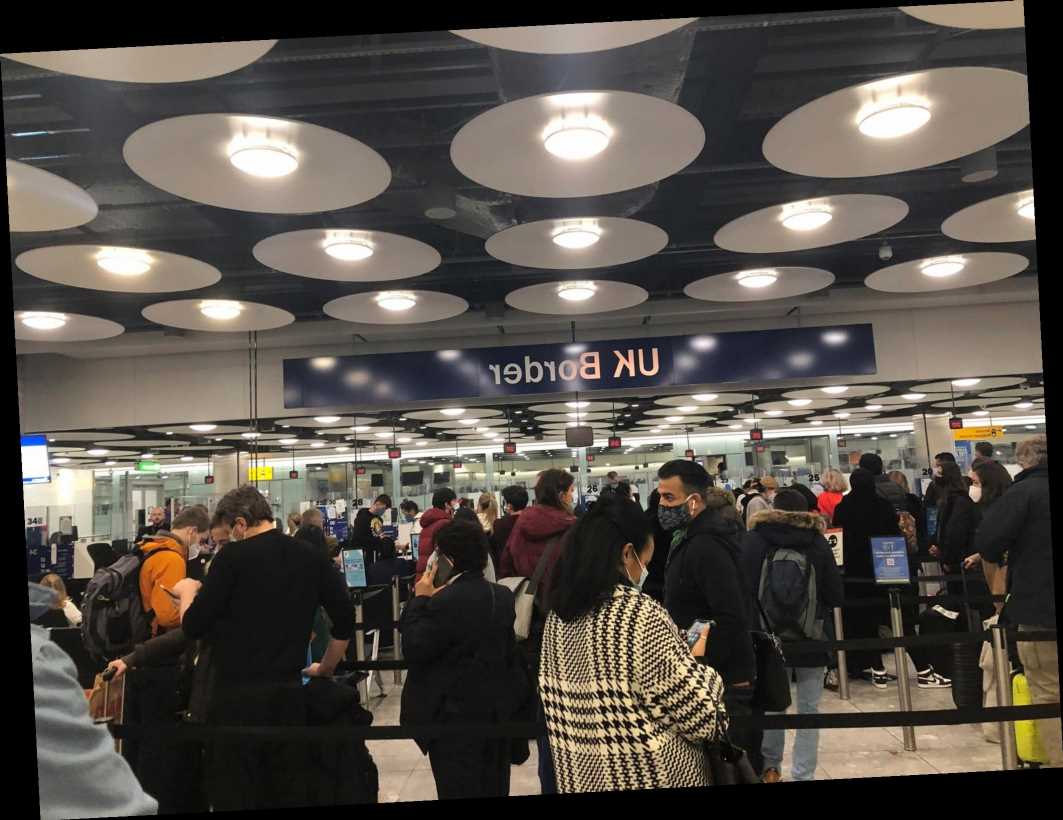AUNG San Suu Kyi was one of the world's most admired leaders, with many hoping she would usher in a new era for war-plagued Myanmar.
She rose to power after becoming one of the world's most prominent political prisoners — but has been condemned over her handling of the Rohingya crisis and been toppled by the army
Who is Aung San Suu Kyi?
Born in what was then known as Rangoon, Burma, in the final days of World War Two, Aung San Suu Kyi suffered early tragedies as her father was assassinated while her sister drowned in a lake.
She later followed her mother to India where she served as the Burmese ambassador to India and Nepal.
While her mother worked, Aung San Suu Kyi earned a degree in politics before travelling to Oxford to study Philosophy, Politics and Economics – the course favoured by future world leaders.
Returning to Burma in 1988, she arrived as the country's military ruler stood down.
Aung San Suu Kyi founded the National League for Democracy and campaigned for greater transparency and democracy.
For much of her life, she lived under house arrest and was regularly prevented from meeting her party and its supporters.
Various reasons were given for her repeated arrests — including that the ruling powers feared she would "likely undermine the community peace and stability".
In November 2010 she was released and soon after the National League for Democracy re-registered to contest elections.
Aung San Suu Kyi received support from various world leaders — most notably Barack Obama and Hillary Clinton.
Soon after her release, she visited Switzerland to collect the Nobel Peace Prize which was awarded to her in 1991 — an award which critics would later demand to be revoked for her part in the Rohingya crisis.
When was she sworn in as Myanmar leader?
In 2015 — with a general election looming — Aung San Suu Kyi announced she would run for the presidency of Myanmar.
However, clauses written into the country's constitution prevented her from becoming president because she is a widow and mother of foreigners — her husband Michael Aris died in 1999 and their children have British citizenship.
While technically barred from becoming president, her party won a dominant victory in the elections and she became Minister for the President's Office, Foreign Affairs, Education and for Electric Power and Energy.
This made her by far the most powerful person in the country, albeit without the title of President.
Why has Aung San Suu Kyi been arrested?
Myanmar's military seized power in a bloodless coup on Monday, February 1, detaining democratically elected leader Aung San Suu Kyi as it imposed a one-year state of emergency.
The intervention ended a decade of civilian rule in Myanmar, with the military justifying its power grab by alleging fraud in the November elections that Suu Kyi's National League for Democracy (NLD) party won in a landslide.
The coup sparked global condemnation, with the United States leading calls for democracy to be immediately restored.
What has she been accused of?
Ms Suu Kyi's arrest follows a landslide win by her party in an election which the army claims was marred by fraud.
Since coming to power the initial optimism of her rule has given way to widespread criticism for her failure to act and prevent the persecution of the Rohingya people in the eastern state of Rakhine.
In 2015 she told Western allies that she would address the issues faced by the Rohingya Muslim community.
However, she's been accused of doing little to help this and if anything, enabling atrocities to take place given her seemingly laissez-faire attitude towards the crisis.
She put blame instead on "terrorists" and said the military was acting within the law, though she did acknowledge the possibility that war crimes had been committed.
For many of her former allies, this isn't nearly enough.
The treatment of the Rohingya triggered worldwide condemnation of Aung San Suu Kyi and her regime – with the UN and Amnesty International among those criticising her response to the desperate plight of hundreds of thousands of her own citizens.
She remains popular within her country in spite of these accusations against her conduct.
A 2020 survey by election watchdog the People’s Alliance for Credible Elections found that 79% of people trust her.
What has Aung San Suu Kyi said about the Rohingya crisis?
Amid fierce criticism from the international community Aung San Suu Kyi simply said: "Show me a country without human rights issues."
As a result of her handling of the incident, she has been stripped of several awards and honours following the allegations of ethnic cleansing against the minority population of the Rohingyas.
The US Holocaust Memorial Museum rescinded the Elie Wiesel Award while there have also been calls for her 1991 Nobel Peace Prize to be withdrawn.
She has also had the Freedom of the City of Oxford taken from her.
The Myanmar government hopes a recent pledge to allow UN human rights and development organisations to enter the country will ease the pressure on Aung San Suu Kyi.
Preparations are being made for the return of Rohingya Muslims that had fled the country and sought sanctuary in neighbouring Bangladesh.
Source: Read Full Article





